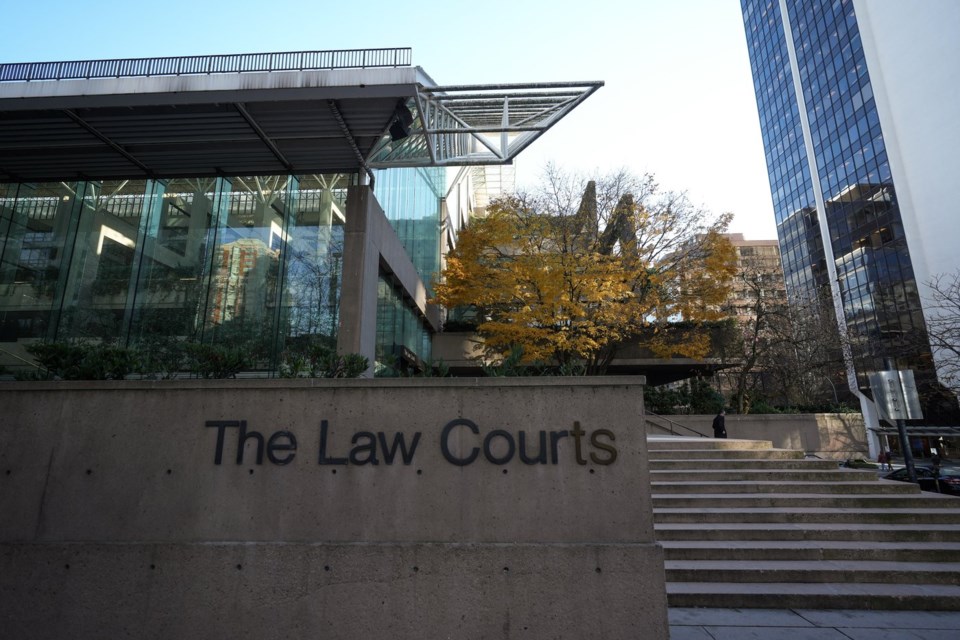VANCOUVER — In March 2024, a middle-aged man was having a cigarette outside his Surrey, B.C., social housing complex when he noticed Jae Won Lee, a 23-year-old Australian-born permanent resident of Canada, lifting the cover off another resident's motorcycle.
The man approached Lee to ask what he was doing, to which Lee replied, "Mind your own business, old man."
Lee then pulled out a knife with a six-inch blade and stabbed the man's arm before chasing him into the building's lobby, where he stabbed him in the abdomen.
Lee then told the victim to "get on your knees and say you’re sorry."
The victim's arm wound needed 18 stitches and a tear in his stomach required 50 staples to close.
Lee pleaded guilty to aggravated assault and possession of a dangerous weapon in B.C. provincial court, but the judge shot down the four-year sentence sought by the Crown and gave Lee a conditional sentence of two years less a day to lessen his risk of deportation had he been sent to prison.
The provincial court judge's ruling in the case was never published.
Crown prosecutors later appealed Lee's sentence, saying it was "demonstrably unfit" given the violent and unprovoked nature of the attack.
On Friday, B.C.'s Court of Appeal sided with the Crown in a decision and ruled that Lee's sentence was too light. It said the lower court judge improperly considered that Lee would be at risk of deportation with no ability to review if he is sentenced to prison.
The Appeal Court replaced Lee's conditional sentence order with a 42-month prison term, less time served.
"The sentence imposed by the judge of a (conditional sentence order) of two years less a day is a clearly unreasonable departure from the fundamental principle of proportionality, notwithstanding the collateral immigration consequences," the Appeal Court said in its decision.
"The consequence in question is the loss of the right to seek a review, not the exposure to deportation. The latter consequence follows from the nature of the offence itself, not from the sentence."
The provincial judge in the lower court had said that Lee knows "nothing of Australia, his country of birth."
"He has no family connections or other supports there. I have struggled to determine the weight I should attach to these immigration consequences in fashioning a fit sentence," the provincial court judge wrote.
"The immigration consequence of deportation without review is a key individual circumstance that differentiates Mr. Lee from other offenders; although not punishment per se, for Mr. Lee it may be almost as life changing and impactful as the punishment itself."
The lower court judge also said the Crown's four-year sentence would've been "too long for a young man with no prior youth or adult convictions for offences involving actual violence."
The Appeal Court found the judge was wrong to "minimize" an incident that occurred at a SkyTrain station a month before the attack, during which Lee was arrested with a switchblade "he had wielded to threaten a Skytrain passenger without provocation."
The Appeal Court said Lee's original "sentence in the community would very much endanger the community’s safety," because he had history of relapsing into drug and alcohol use that he blamed for his unprovoked violent outbursts.
"The risk was not one that should be taken," the court said
This report by The Canadian Press was first published Aug. 23, 2025.
Darryl Greer, The Canadian Press



